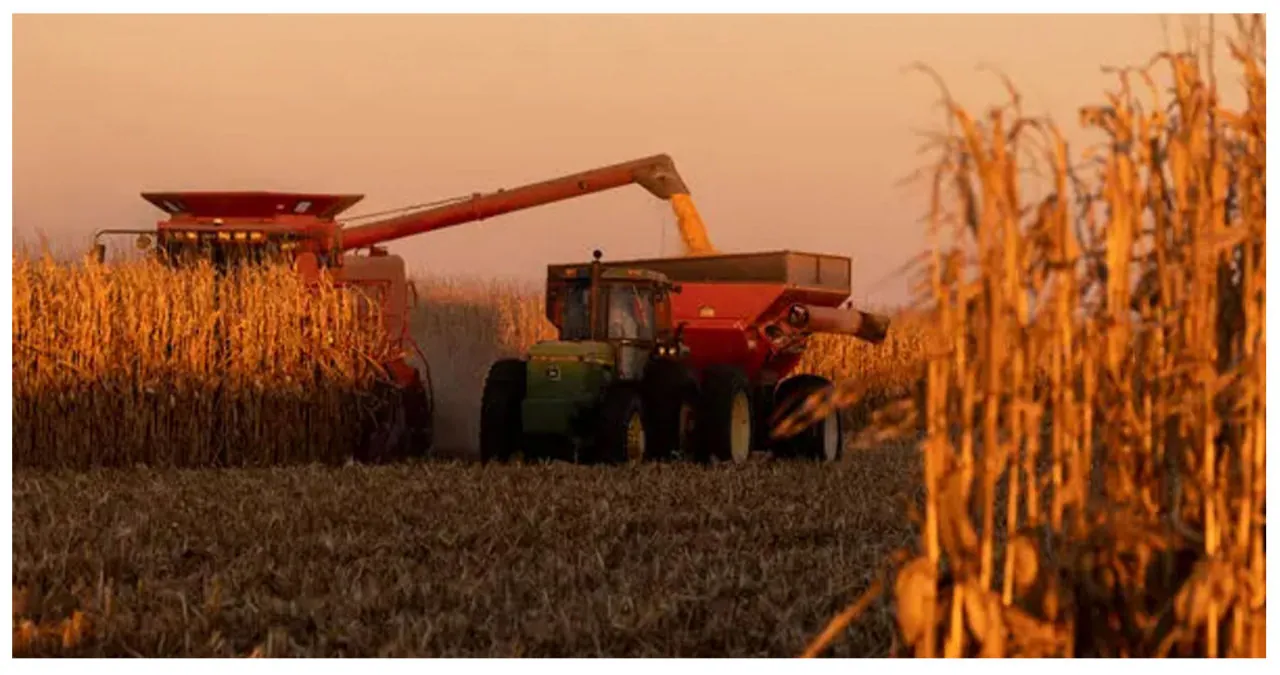Aiexpress – The Biden administration has agreed to permanently end the ban on summertime sales of higher-ethanol gasoline blends in eight states by 2025. This decision comes in response to a request from Midwestern governors who have been advocating for year-round sales of the corn-based fuel.
The Environmental Protection Agency has made a decision in response to a letter from the governors of several states. These governors, representing Minnesota, Wisconsin, Iowa, Nebraska, Illinois, Kansas, and North and South Dakota, expressed concerns about the impact of the summertime ban on E15, a gasoline blend that includes ethanol. They argued that this ban causes economic harm in their states while providing minimal environmental benefits. It is worth noting that Minnesota and Wisconsin are crucial swing states in the upcoming presidential election.
Ethanol, derived from corn and other crops, has long been added to certain gasoline types as an alternative to oil. This blend helps to decrease the emission of greenhouse gases when burned compared to pure gasoline. However, it can also contribute to smog during warmer seasons. Consequently, the sale of this fuel during summertime has been prohibited since 2011.
Agriculture groups and state lawmakers have been advocating for an end to the ban, highlighting the need for change. On the other hand, environmental organizations have been steadfast in their belief that maintaining the ban is crucial. Additionally, oil producers and refineries have also shown their support for the ban, as ethanol poses a threat to the consumption of gasoline.
Both Democratic and Republican administrations have granted waivers in the past, allowing the sale of E15 during the summer. Former President Donald Trump permitted sales in 2019, and President Biden followed suit in 2022.
The EPA initially mandated the eight states to prove that lifting the summertime ban would not lead to an increase in smog. As a result, the ban has been permanently lifted in these states.
The EPA spokesperson stated that the assessments have determined that if the summertime ban is lifted, it would result in a slight decrease in certain emissions that contribute to smog.
The change, according to agency spokesperson Nick Conger, has minimal implications on emissions.
Sen. Amy Klobuchar, a Democrat from Minnesota, commended the decision and expressed her support for the use of higher ethanol blends in gasoline. She emphasized the benefits of this practice, stating that it is advantageous for farmers, the economy, and national security. Klobuchar affirmed her commitment to expanding the year-round utilization of sustainable fuels throughout the country.
The change was applauded by the ethanol industry. However, some expressed disappointment over the implementation delay until 2025, instead of the requested timeline of this summer, as per the governors’ request.
Geoff Cooper, president of the Renewable Fuels Association, a prominent advocate for ethanol producers in Washington, expressed frustration over the apparent unfairness faced by ethanol producers, farmers, fuel retailers, and consumers in these states due to the EPA’s delays and inability to meet a specified deadline.
Oil companies have also voiced their criticism of the move. Will Hupman, a vice president at the American Petroleum Institute, representing oil companies, expressed concern that this piecemeal approach could potentially weaken the resiliency of the region’s fuel supply chain.
Oil refiners must blend ethanol into gasoline as mandated by two laws, passed in 2005 and 2007, which aim to decrease oil consumption and its associated greenhouse gas emissions. However, this requirement has faced criticism for potentially driving up fuel prices while having limited impact on reducing the greenhouse gases responsible for global warming.

